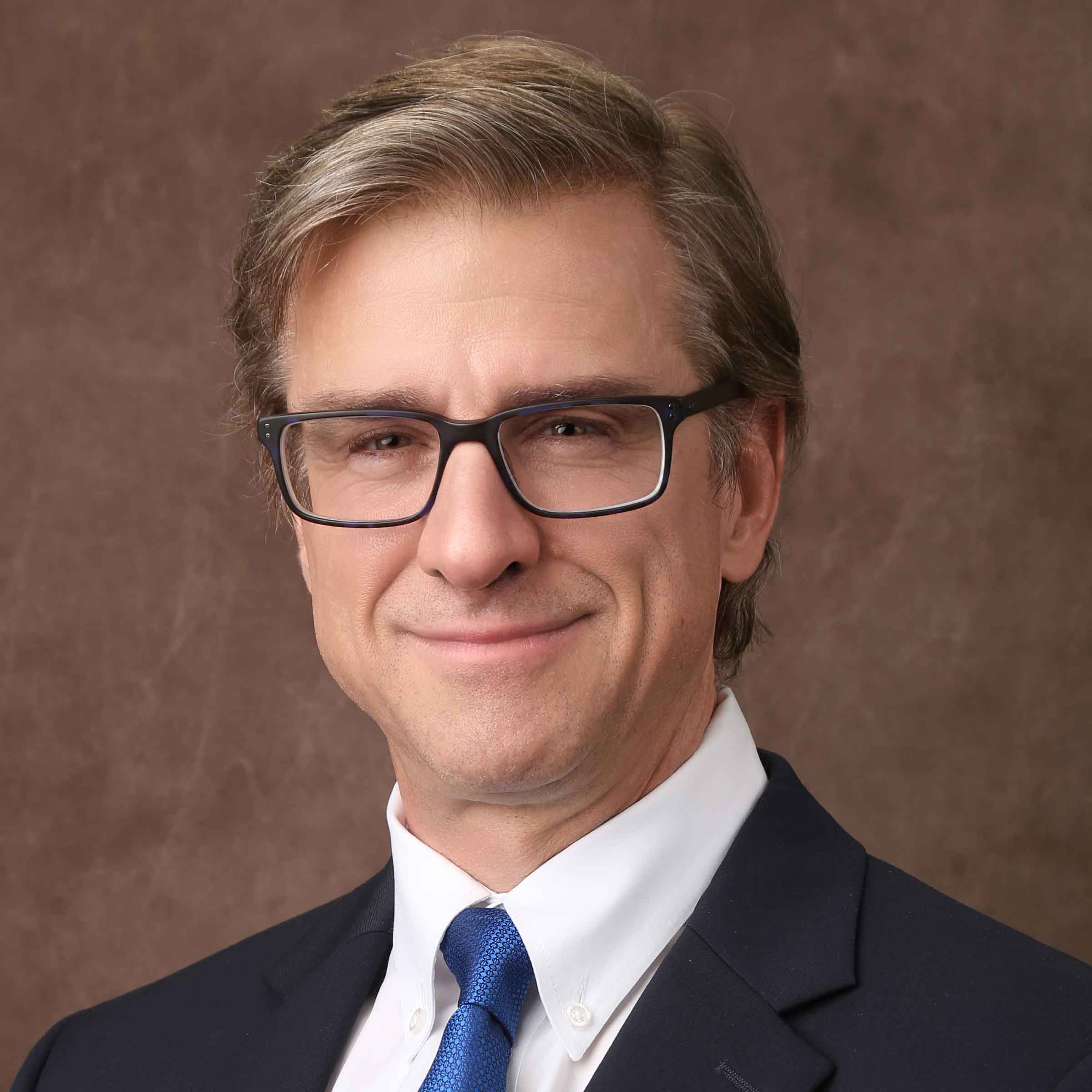Editor’s Note: This is an expanded version of an interview that appears in the January/February 2022 issue of FlexPack VOICE®. The printed article can be found online, too, in the digital format of the full magazine.
Each issue, as well as occasionally in a digital exclusive, FlexPack VOICE® hosts a question-and-answer segment that discusses important issues with an industry leader. In this segment, we interview William E. “Bill” Jackson, chief technology officer at Amcor Flexible Packaging and an executive board member of FPA.
FlexPack VOICE®: What do you see as the major issues facing the industry globally and/or domestically?
Willam Jackson: The industry is facing challenges from a few areas. First, raw material supplies have impacted everyone, and we’ve leveraged our global footprint and purchasing relationships to keep that impact to a minimum. We’re seeing signs of progress in this area in the last few months, which is great news. Transportation is now first and foremost on everyone’s mind, as it becomes more and more difficult to move goods around the country, and our logistics team is working hard to mitigate those shortages. And lastly, I think access to labor continues to be a concern for customers and suppliers alike.
FPV: Sustainability often comes up when answering the first question, so what is the industry doing well and where does it need to do better in this area? What has been the approach of your company?
WJ: Sustainability is so multi-dimensional. Beyond the basics of downgauging and reducing food waste, Amcor leverages our global innovation network and materials science to produce more sustainable solutions for our vast portfolio, and we’re accelerating those efforts to reach 100% by 2025. There’s more work to be done in the areas of consumer labeling and education, which will increase the demand for sustainable films and better recycling participation.
FPV: Regardless, what should infrastructure measures include involving recycling long-term, especially as they would pertain to plastics? Generally, how do you see government regulations as they pertain to the industry?
WJ: Recycling rates for plastic packaging have been stagnant for some years now in the U.S., and we think that the industry and governments at all levels have a role to play to change that. 2021 has been a groundbreaking year for packaging legislation, with several bills emerging at both the federal and state level. Extended Producer Responsibility (EPR) bills in Oregon and Maine were passed earlier in the year, a first in the U.S. It’s still too early to say what impact these laws will have on recycling rates, but we know from other regions such as Canada and Europe that EPR can be a powerful mechanism to generate synergies in the recycling system and increase overall recycling rates. Several other States have introduced EPR bills, which we are closely monitoring and actively engaging in where necessary through the Flexible Packaging Association.
